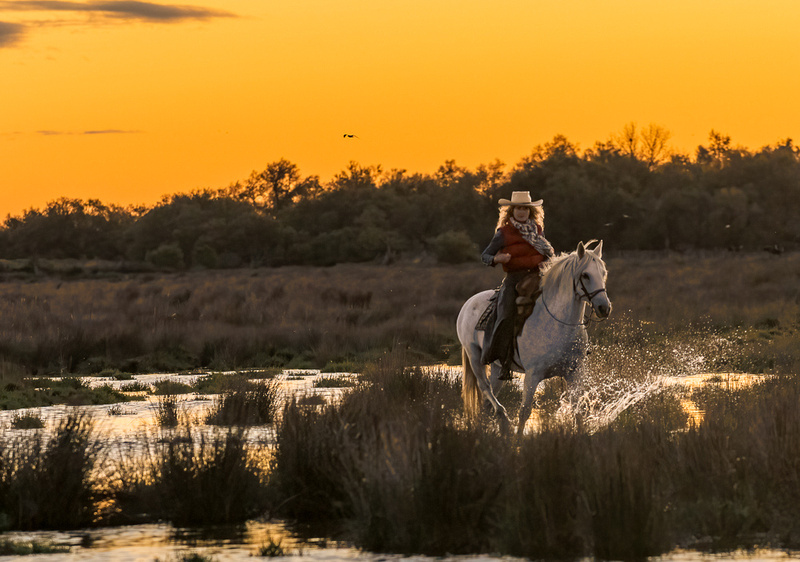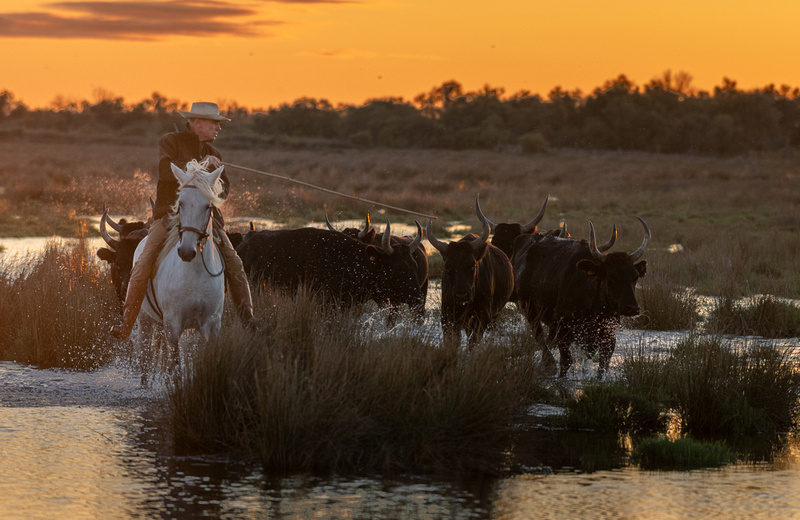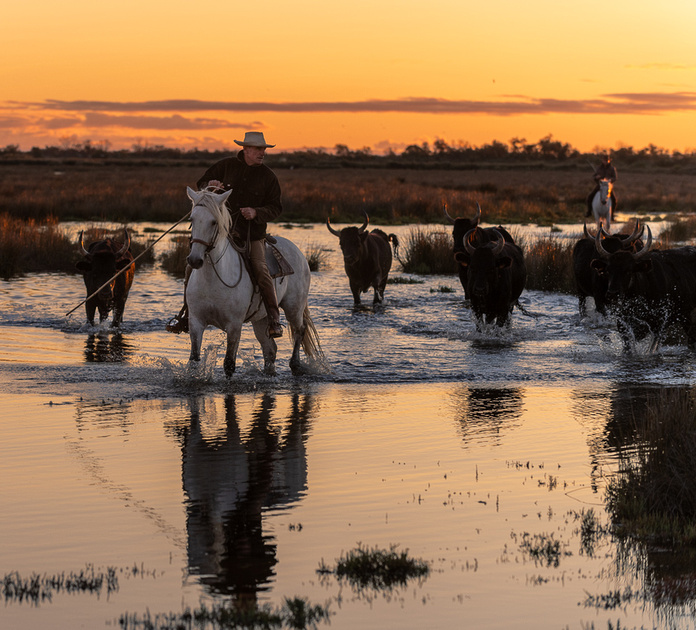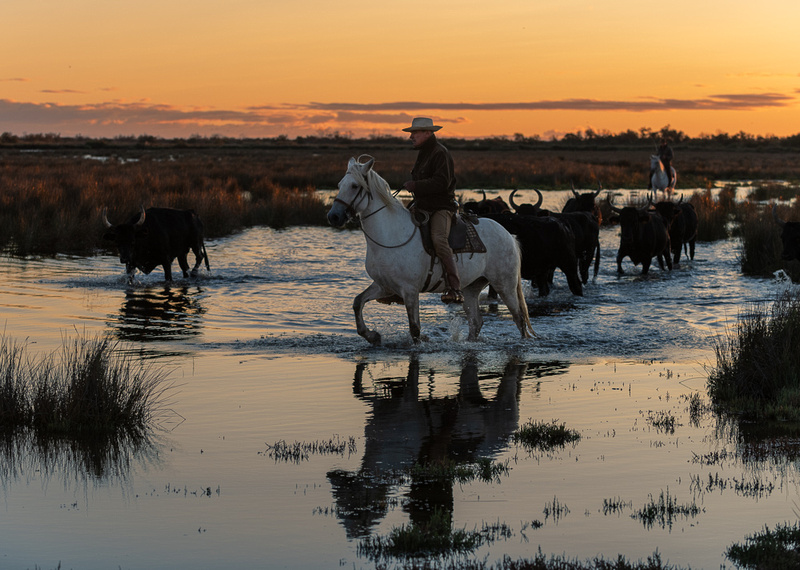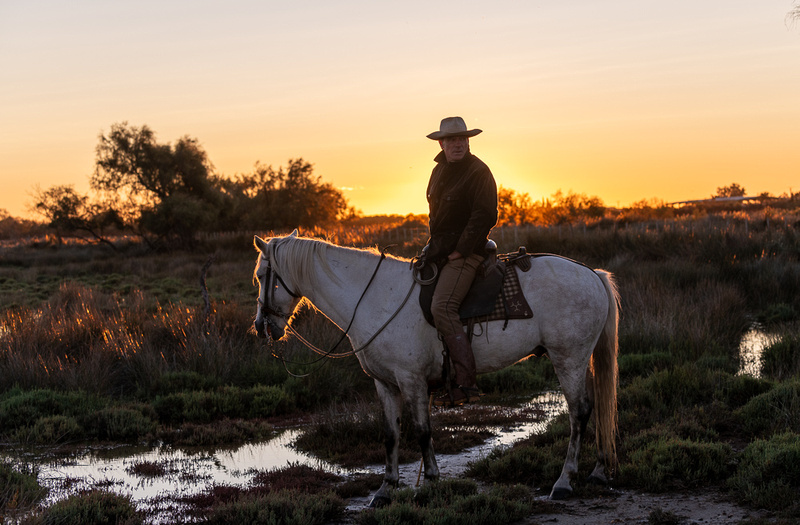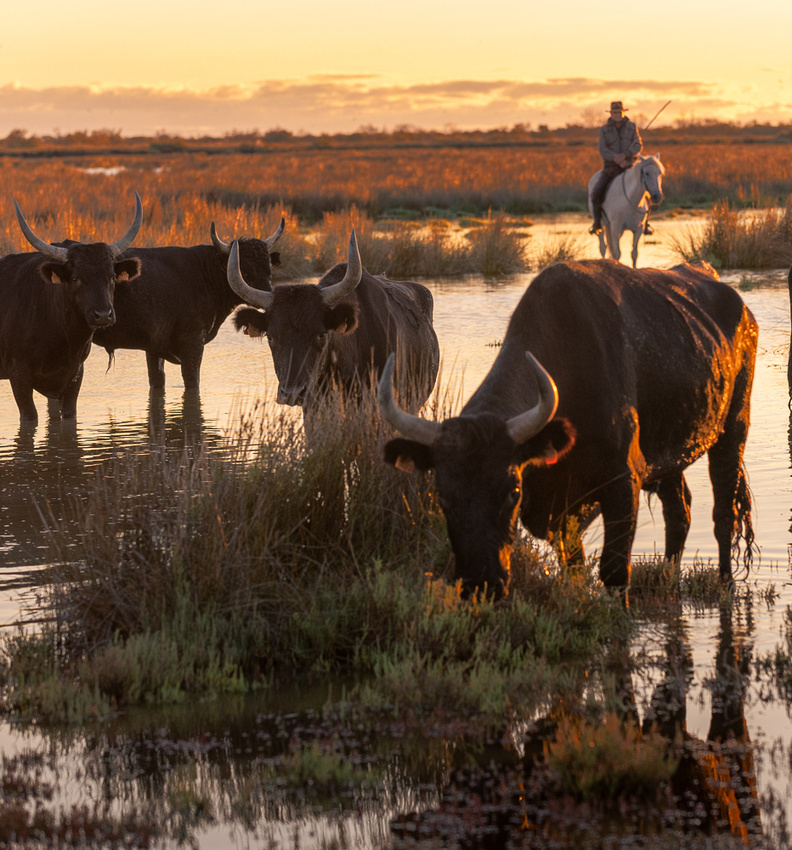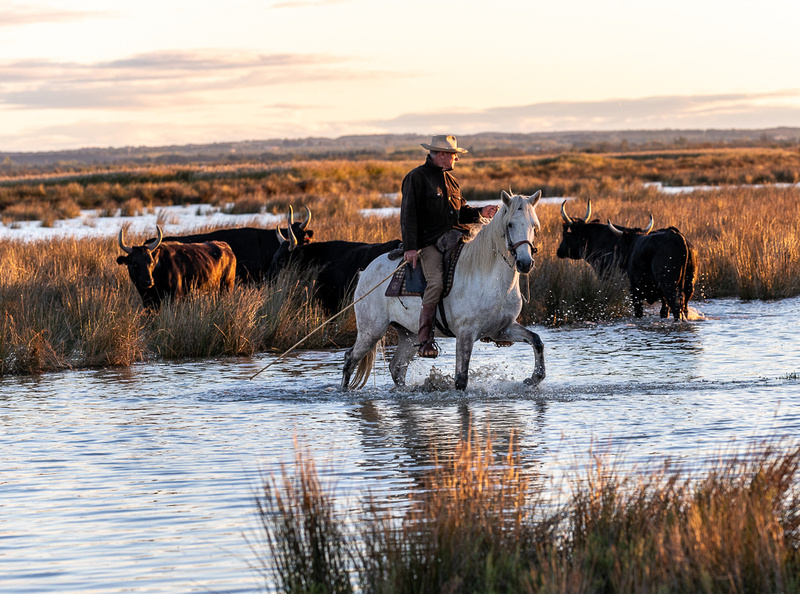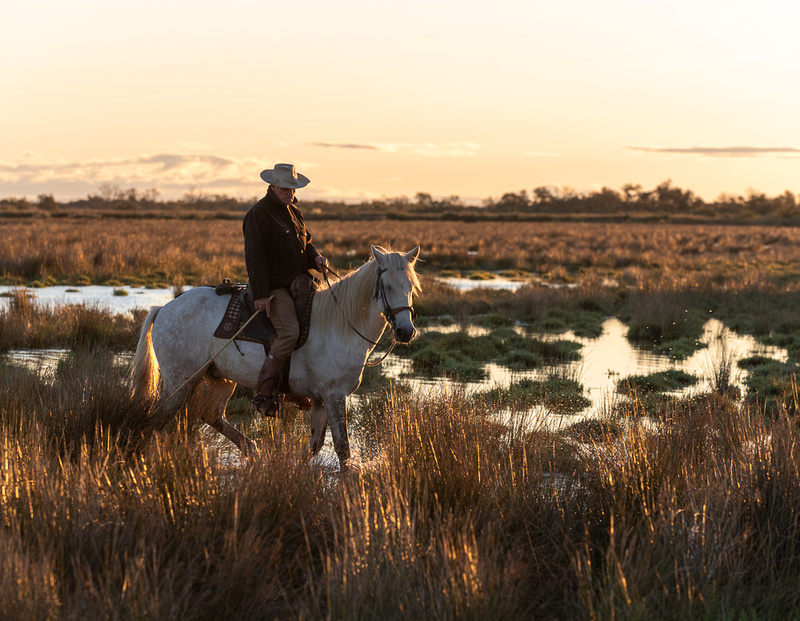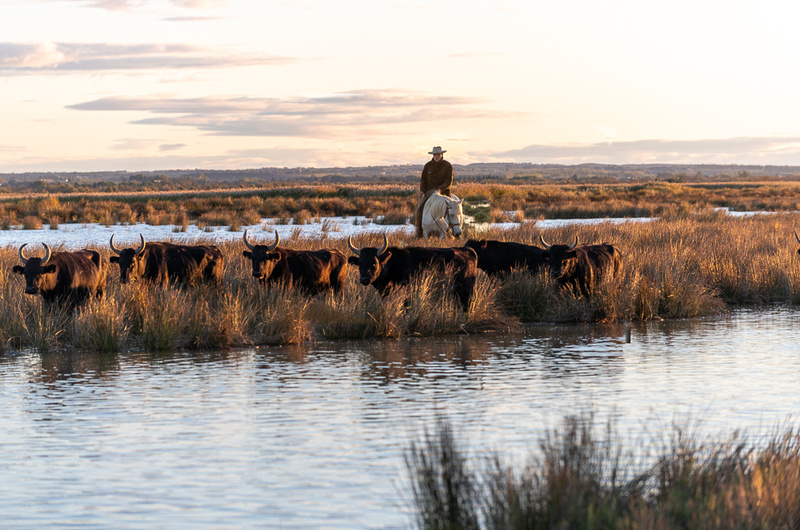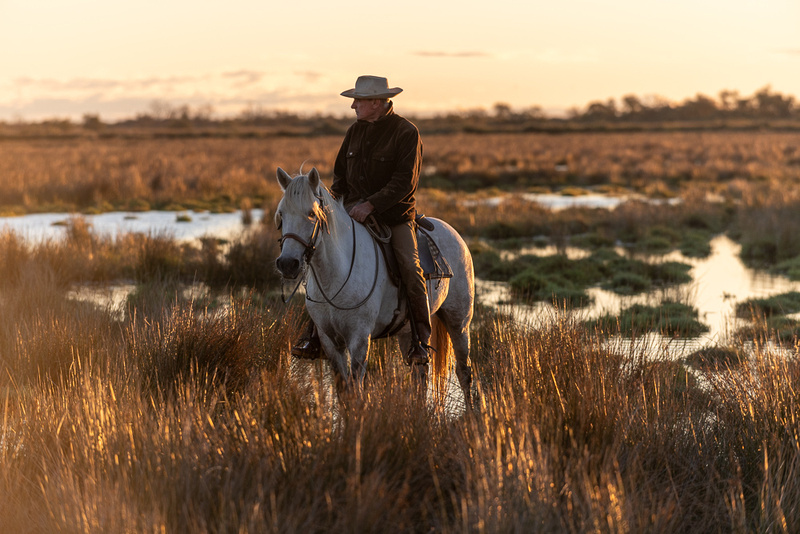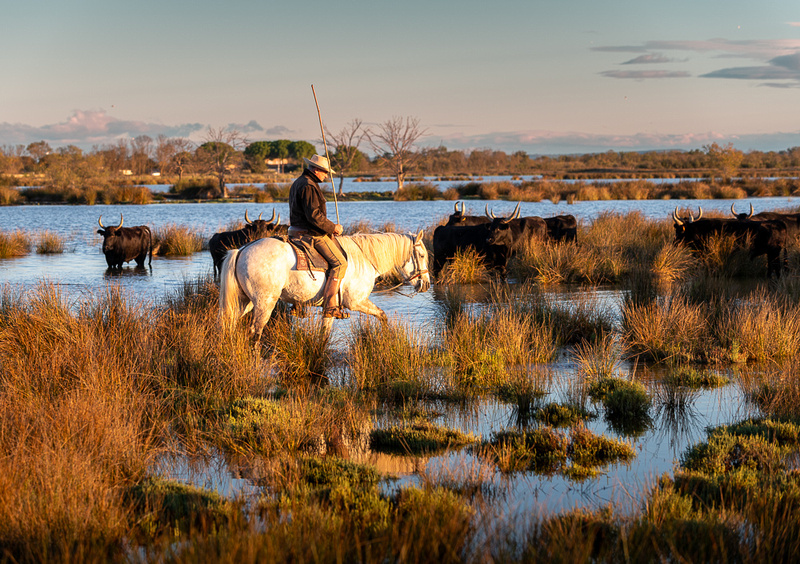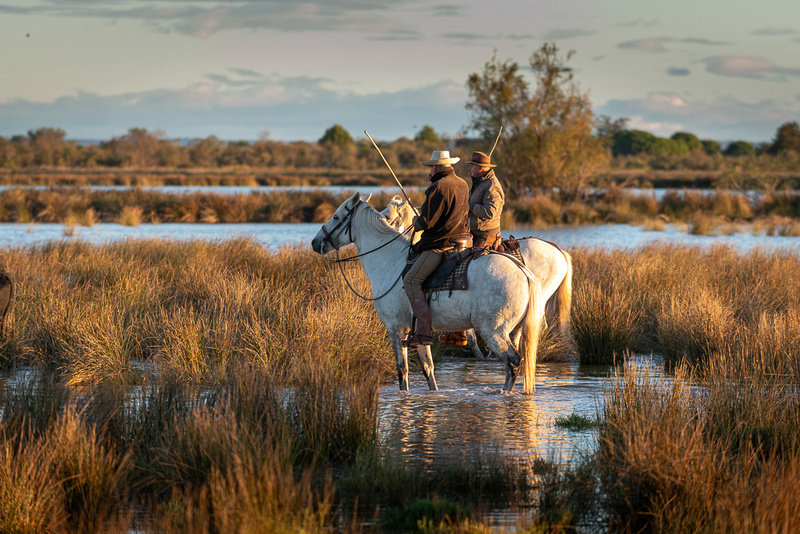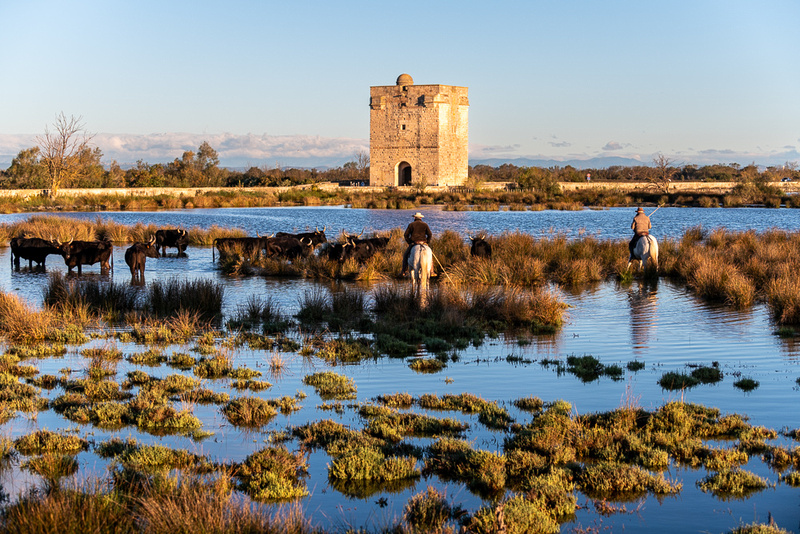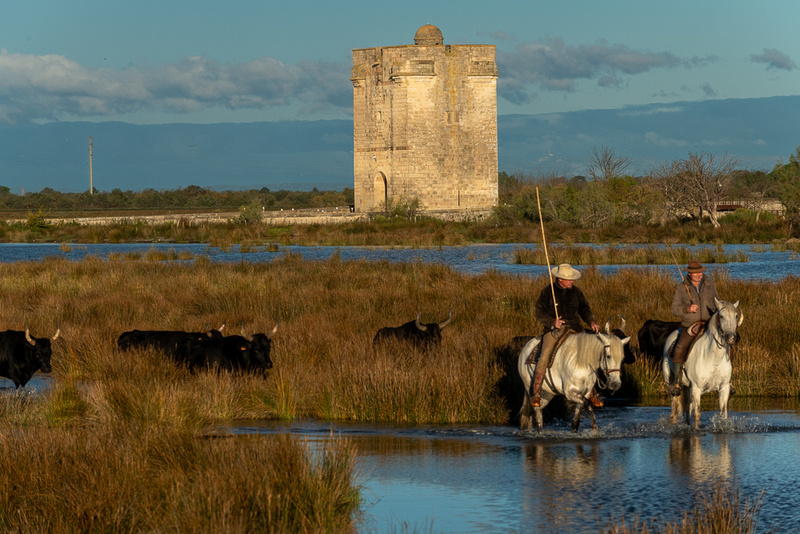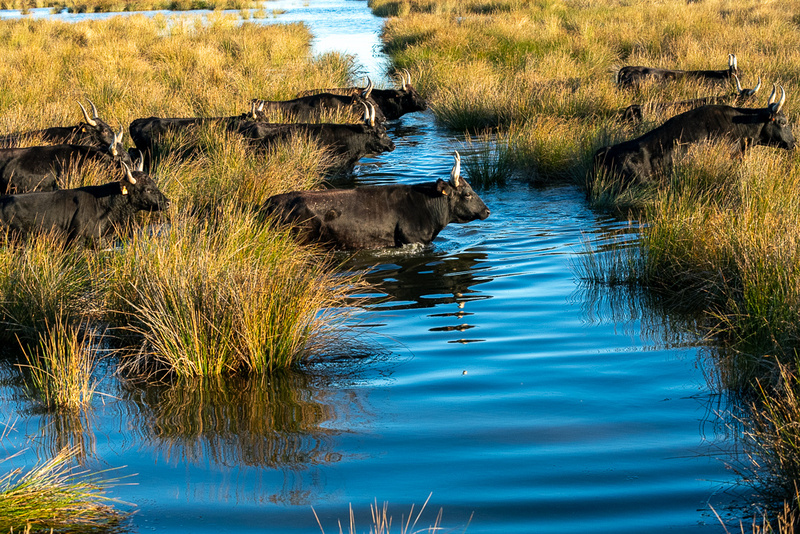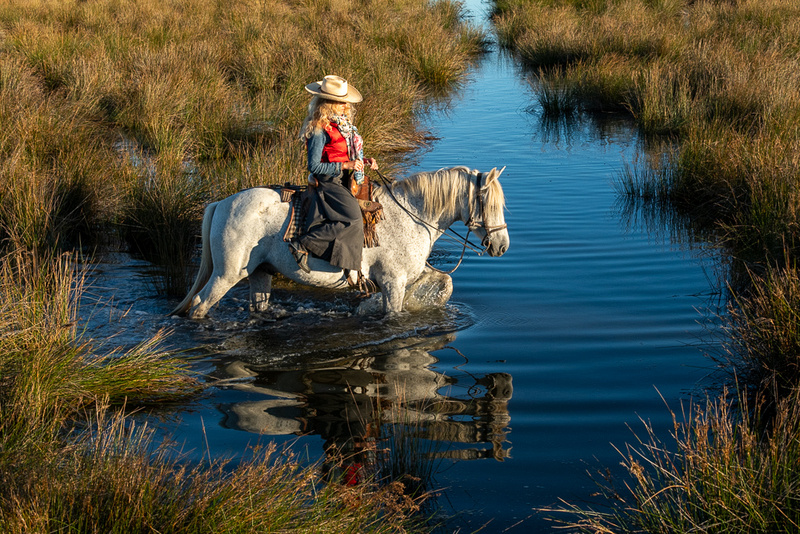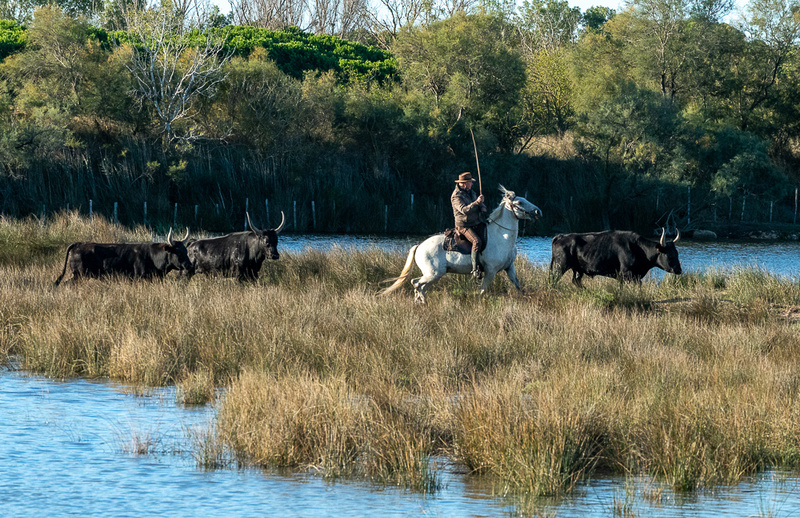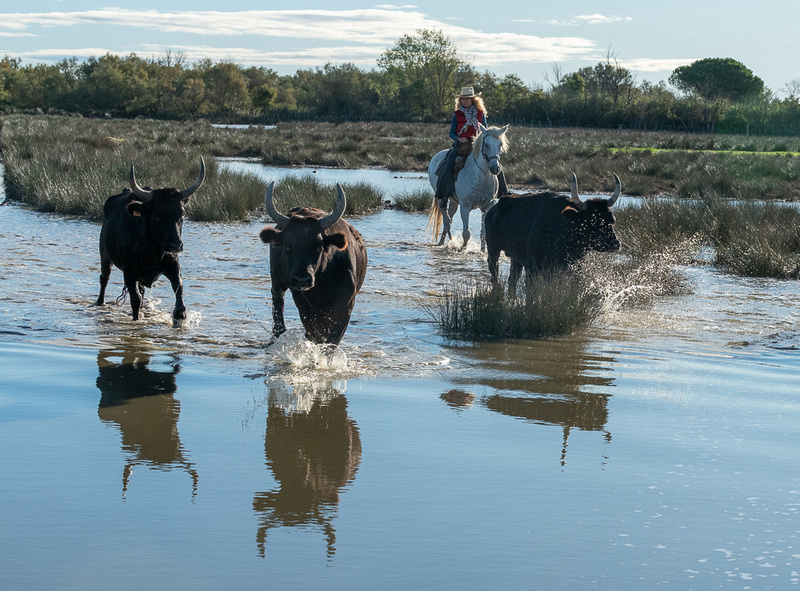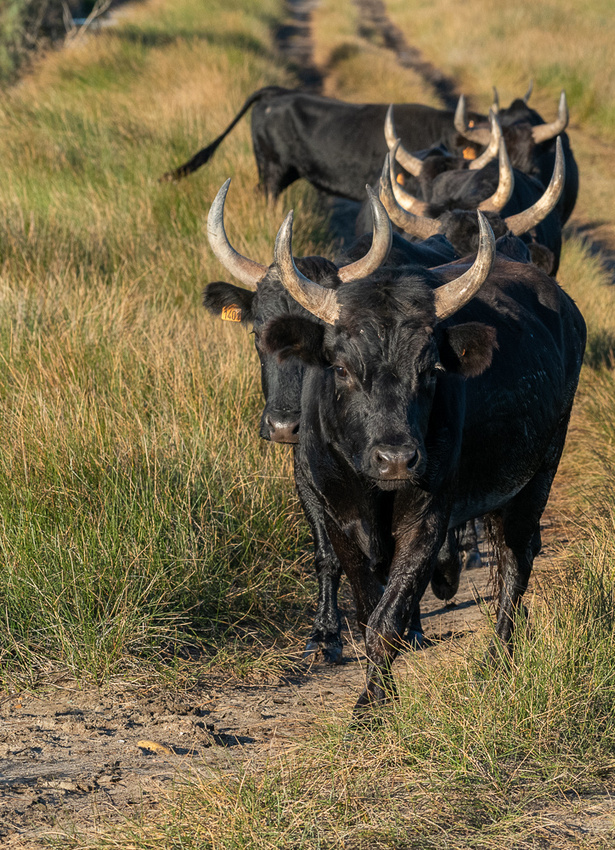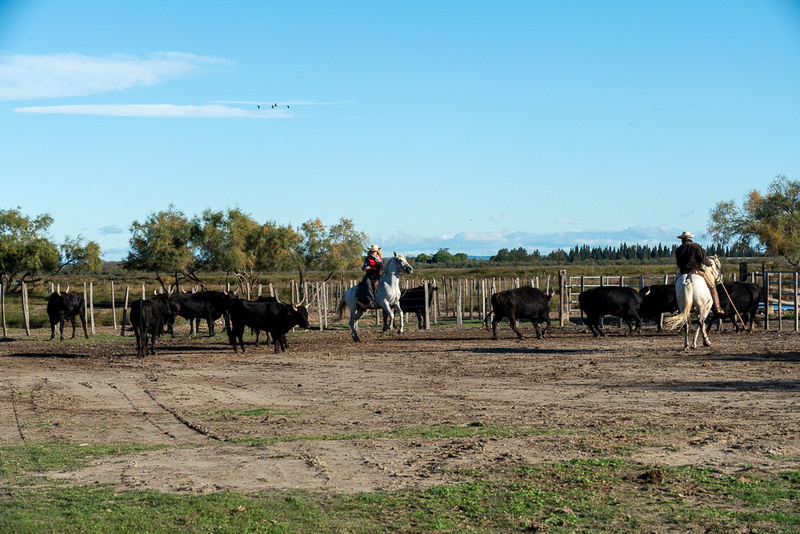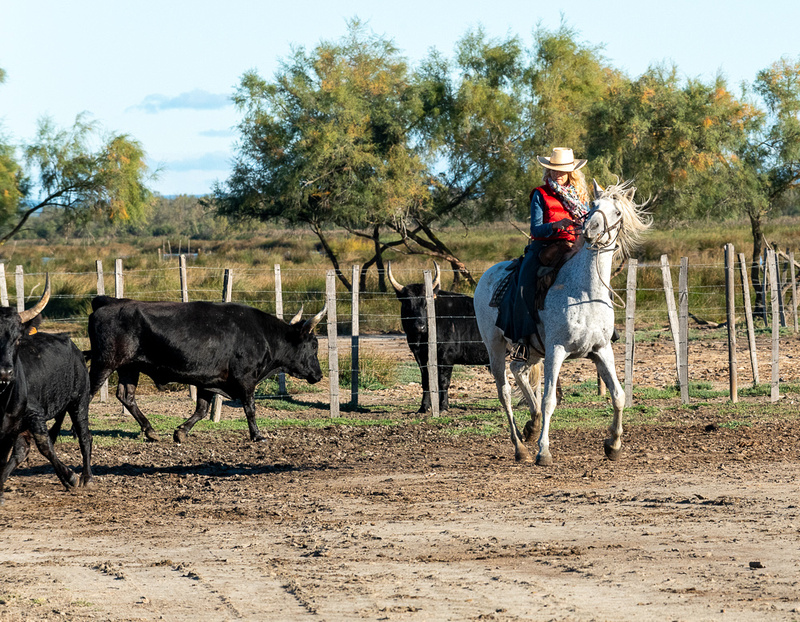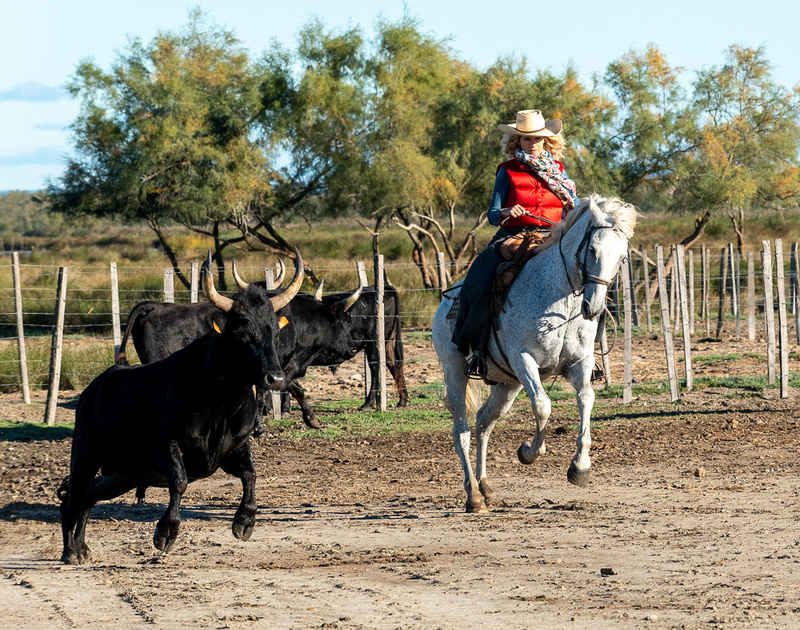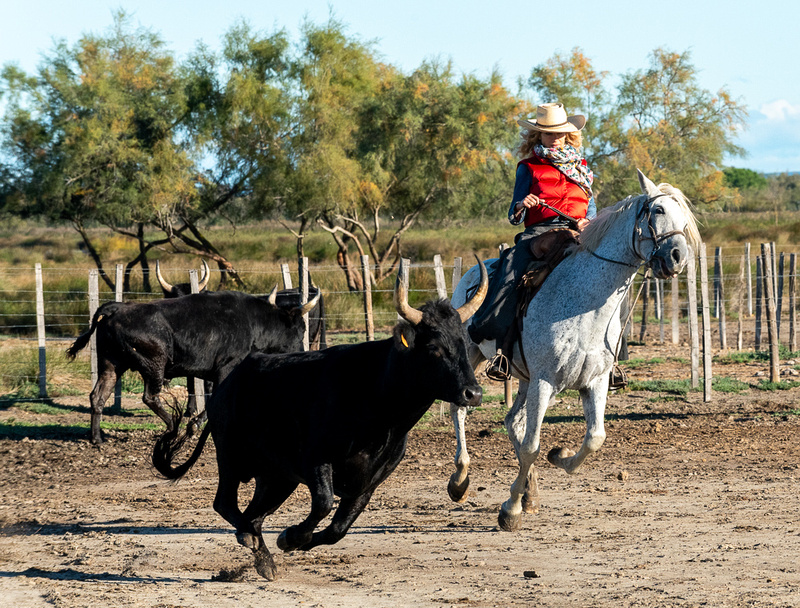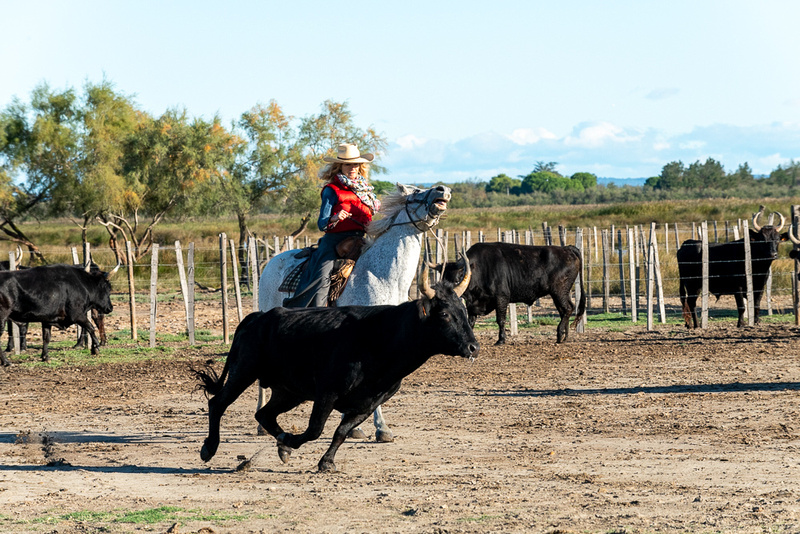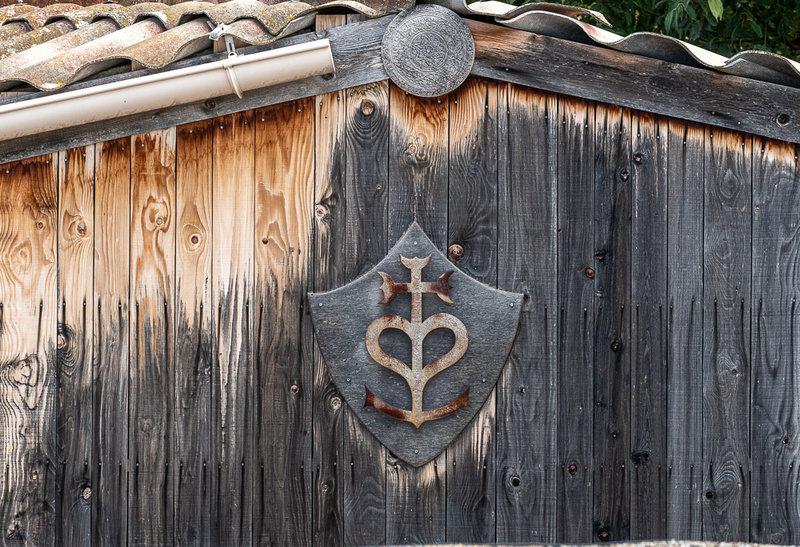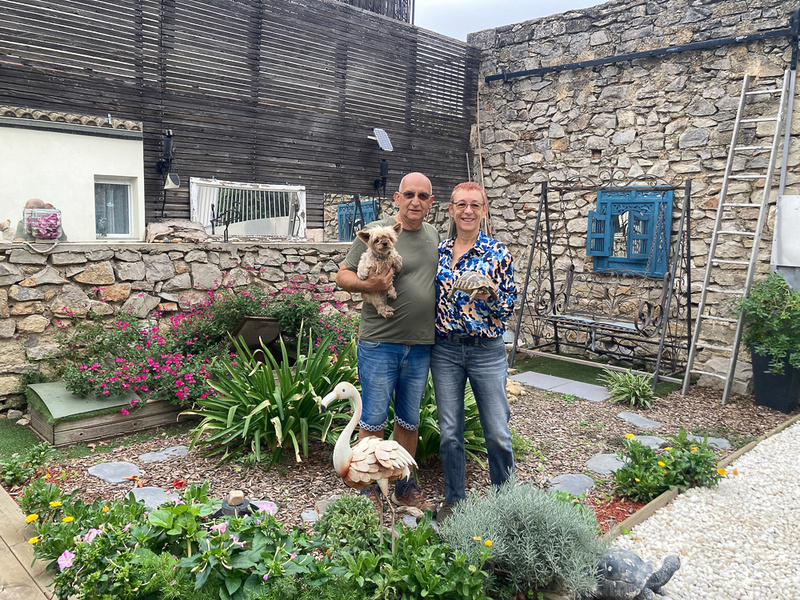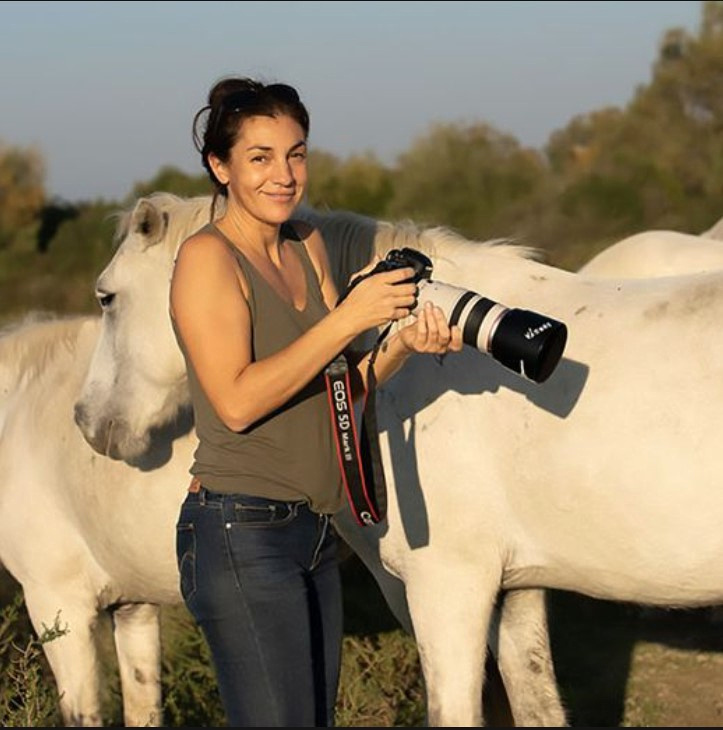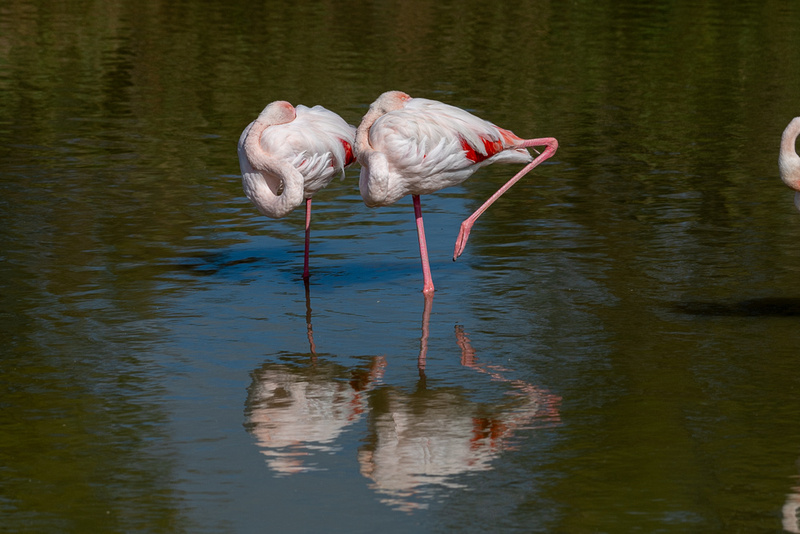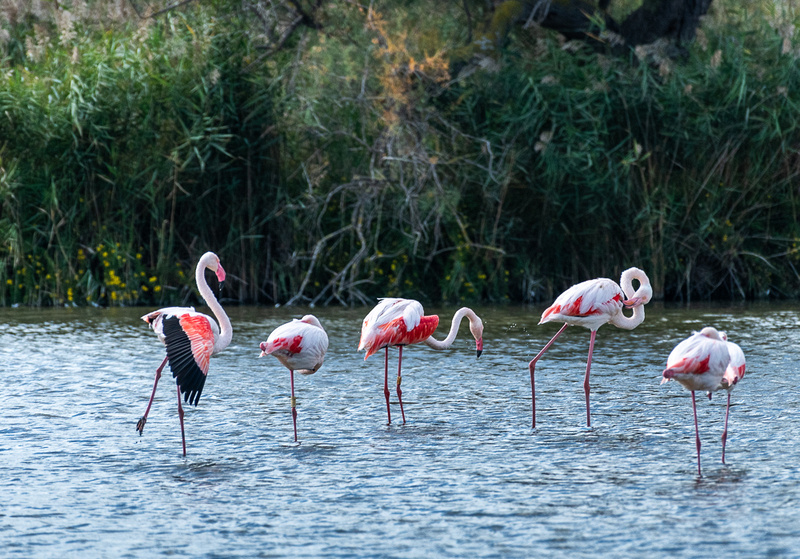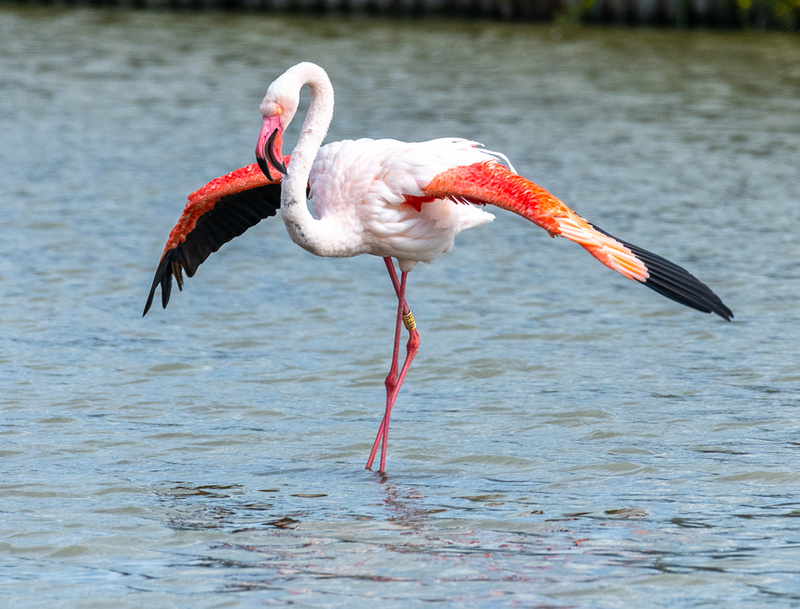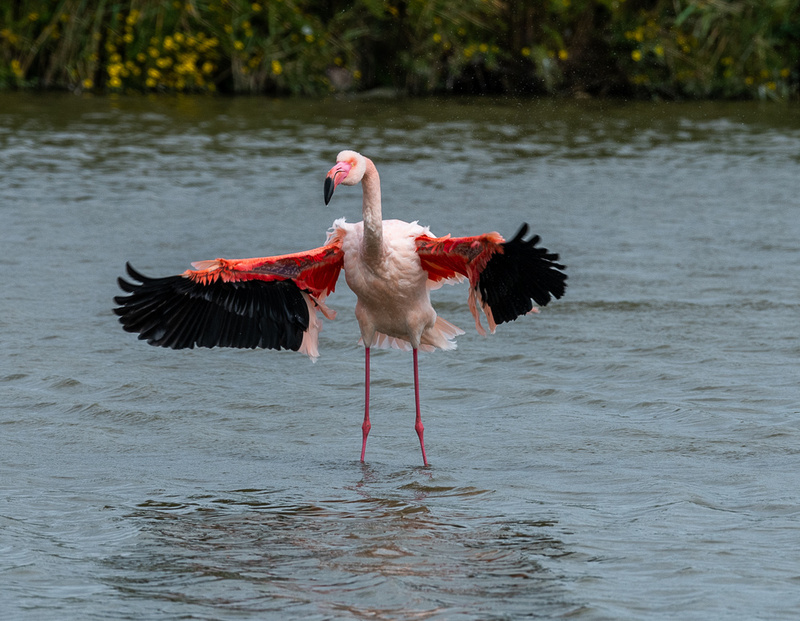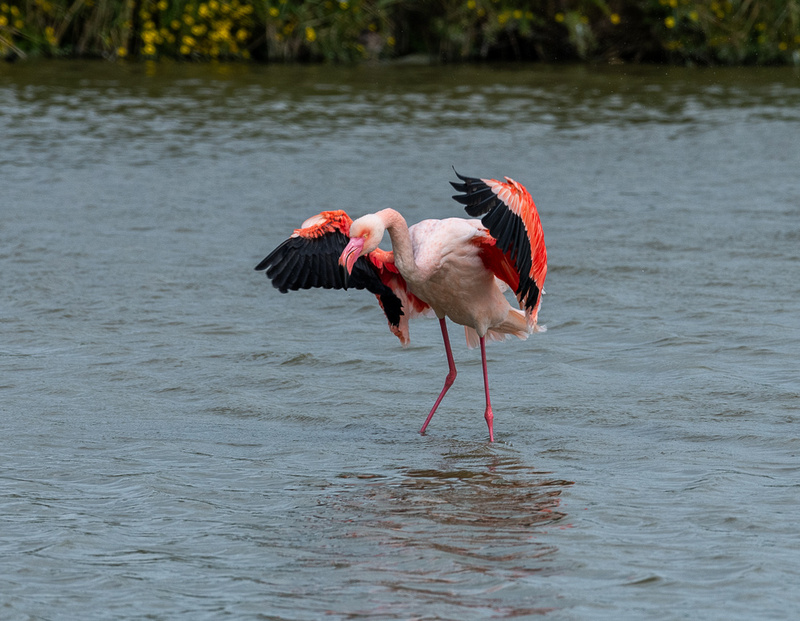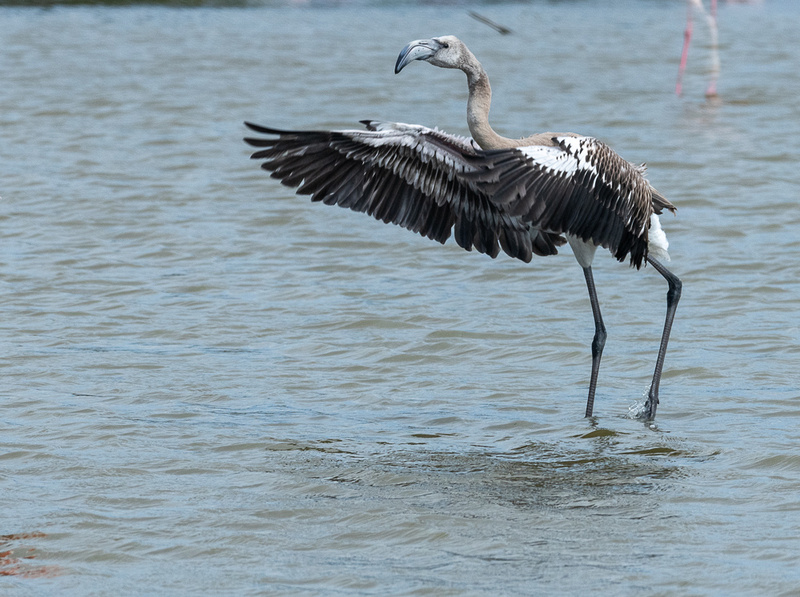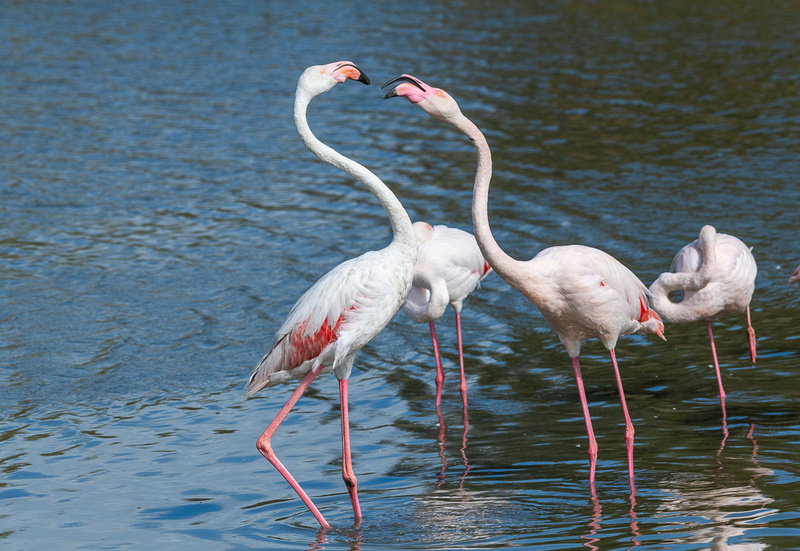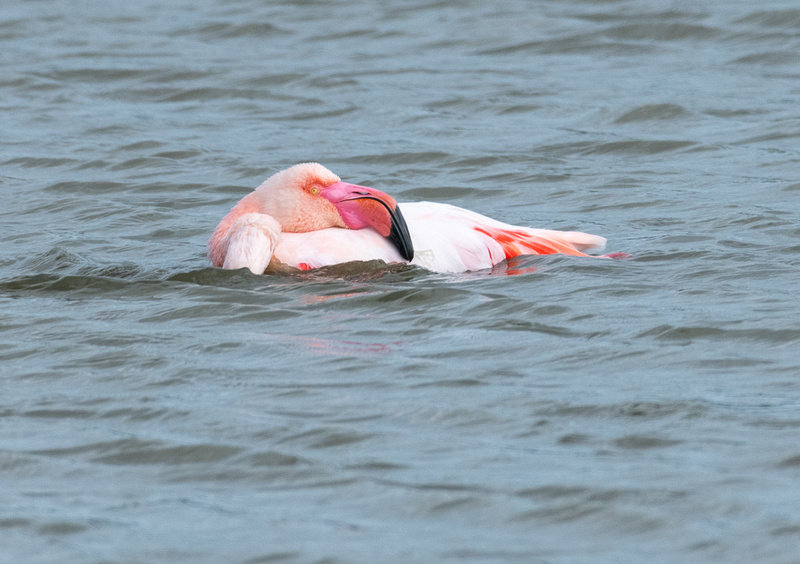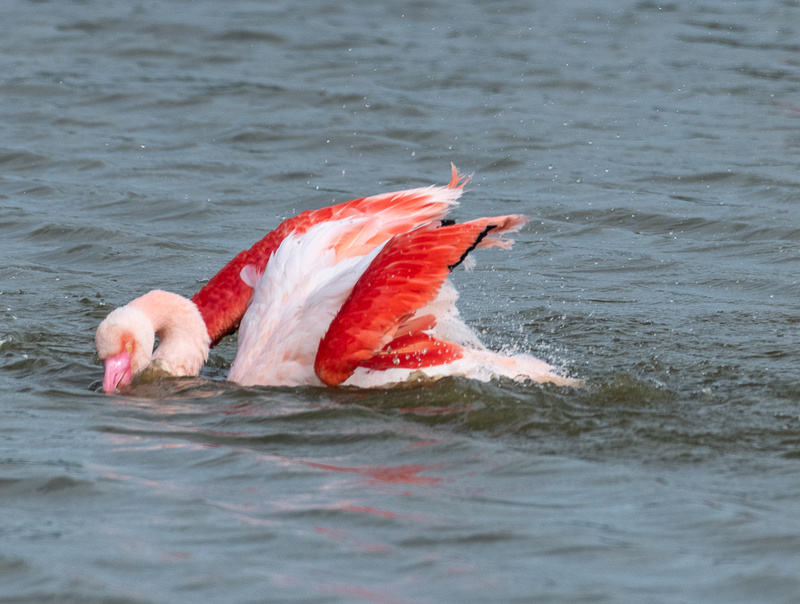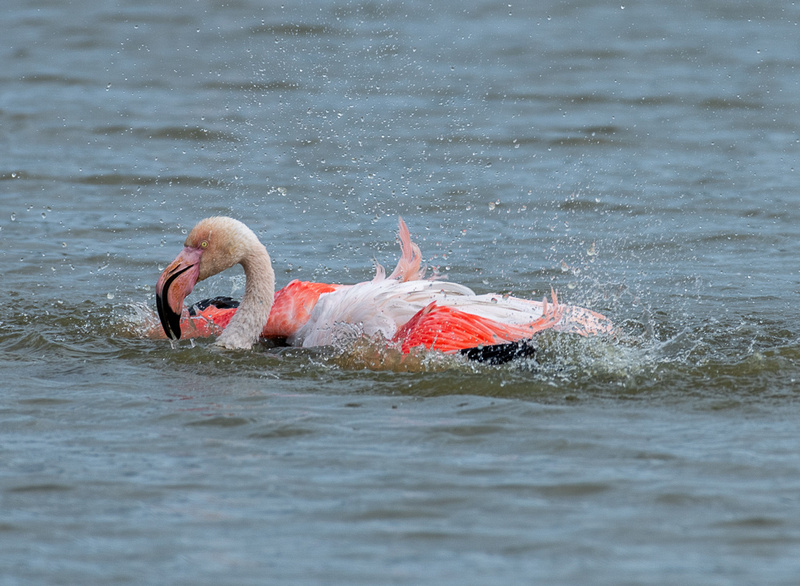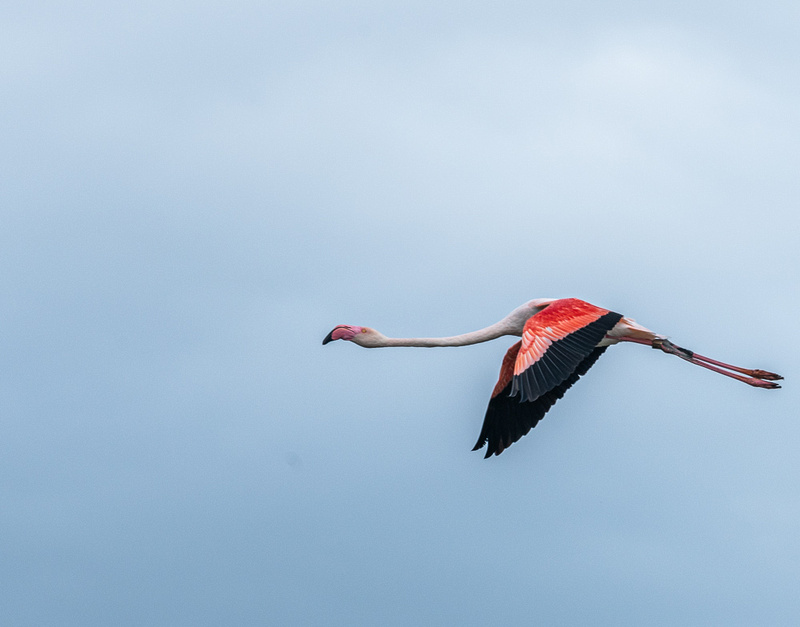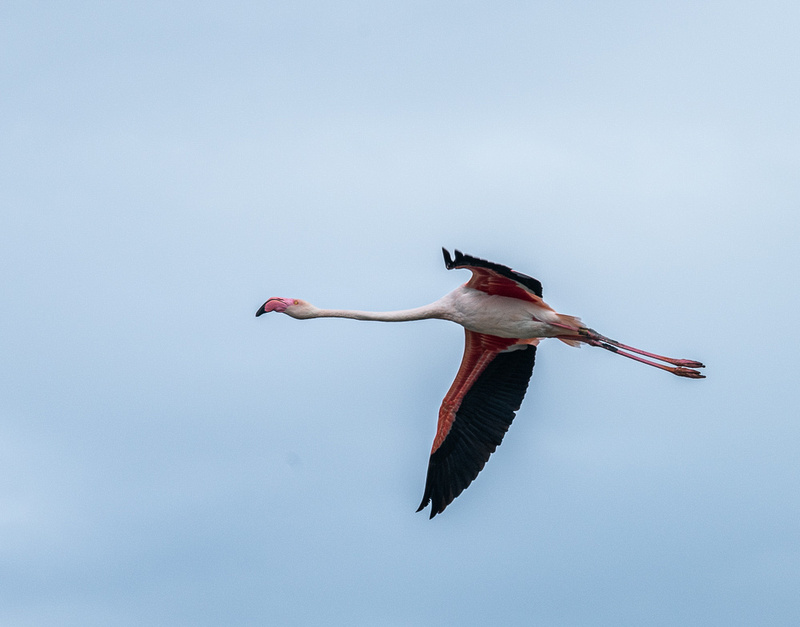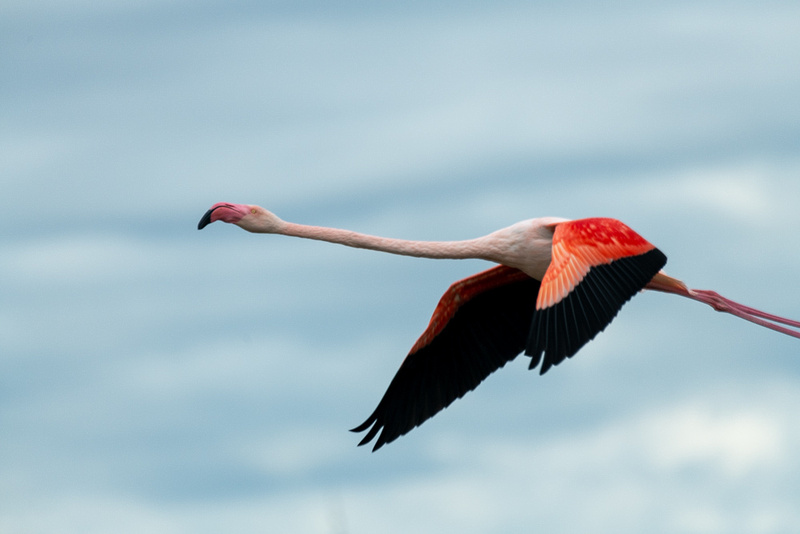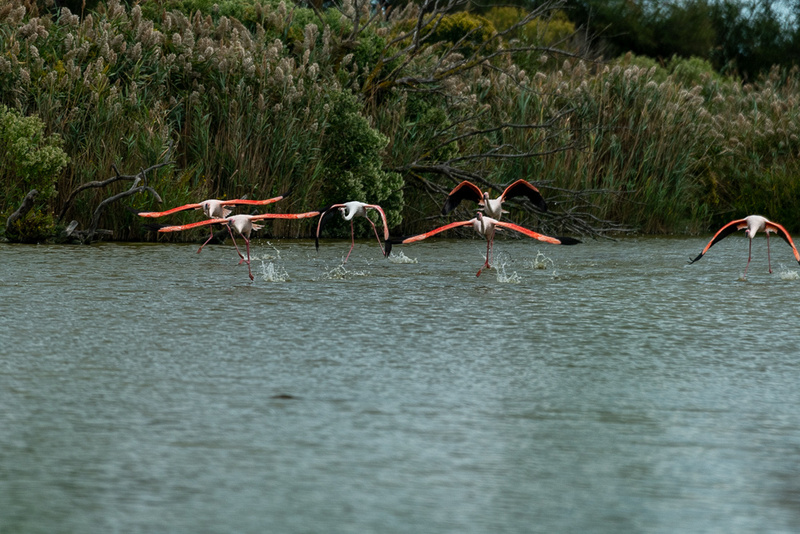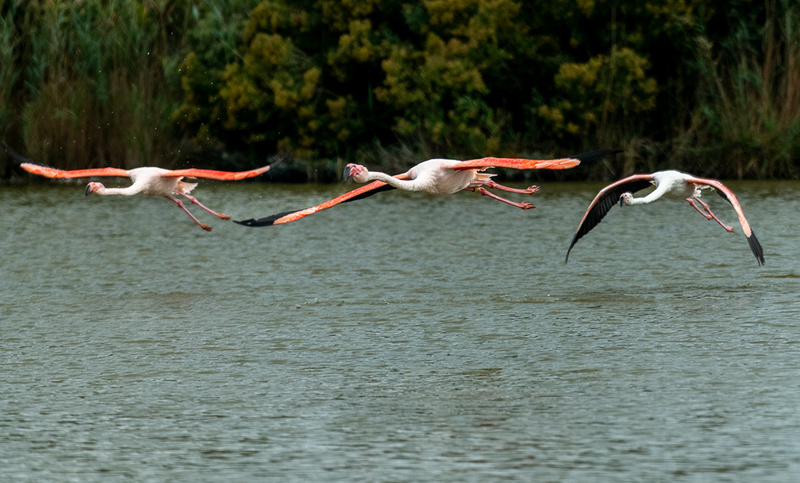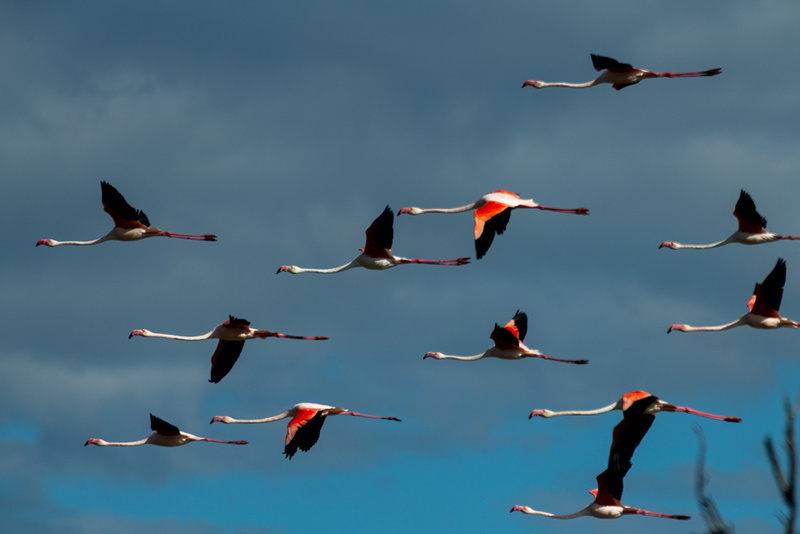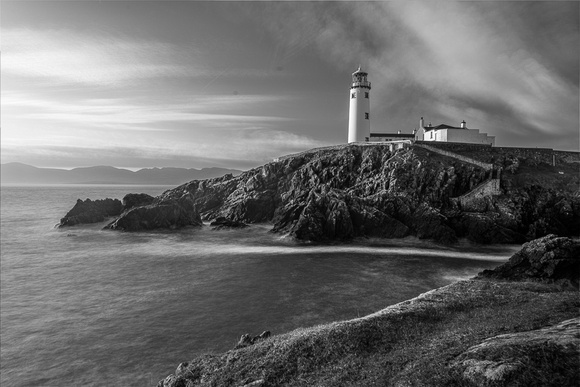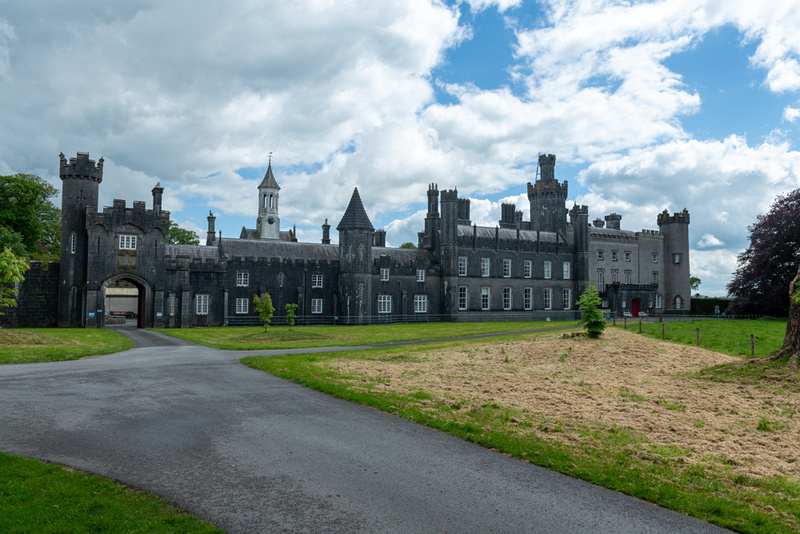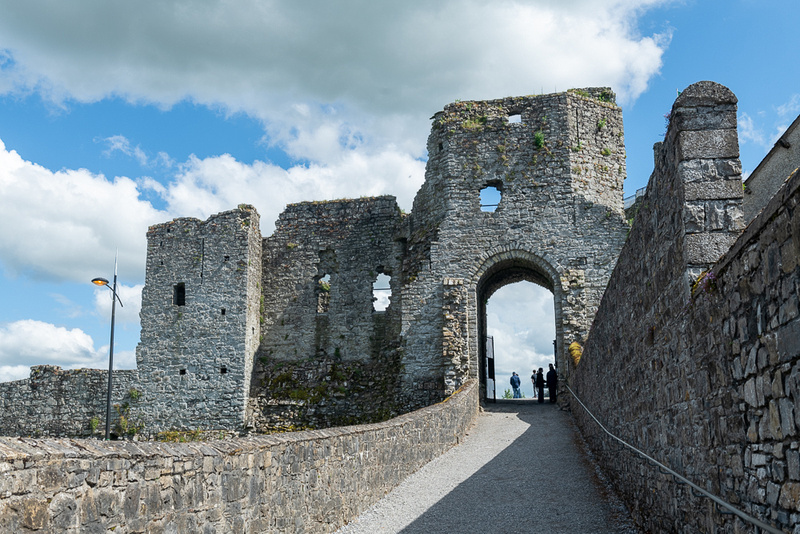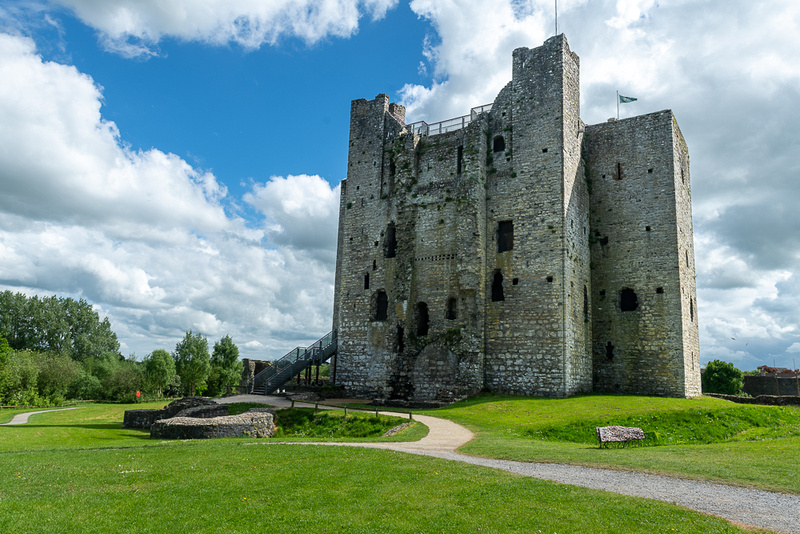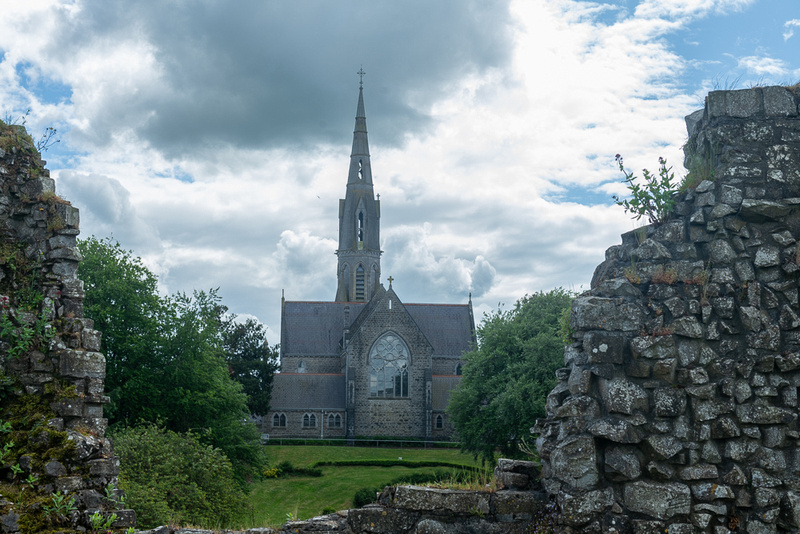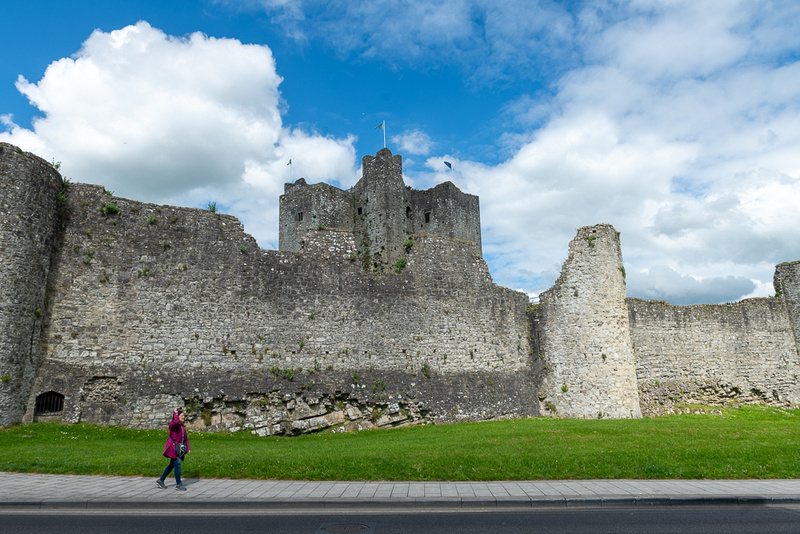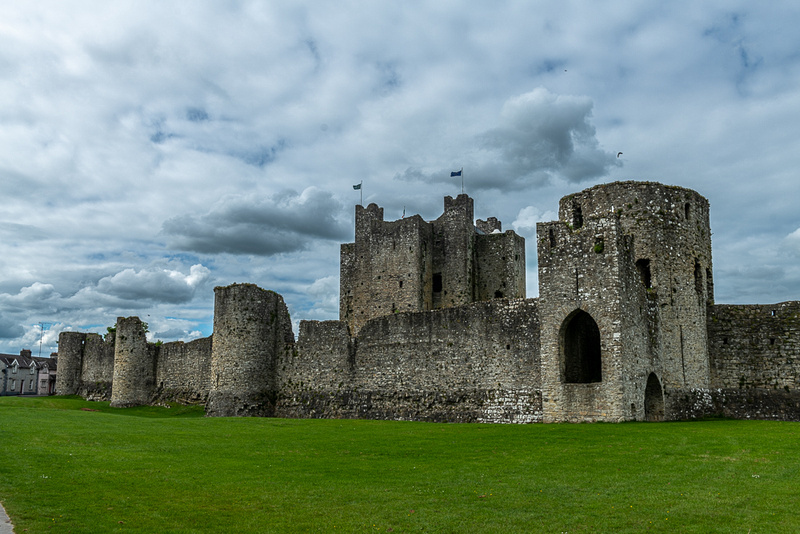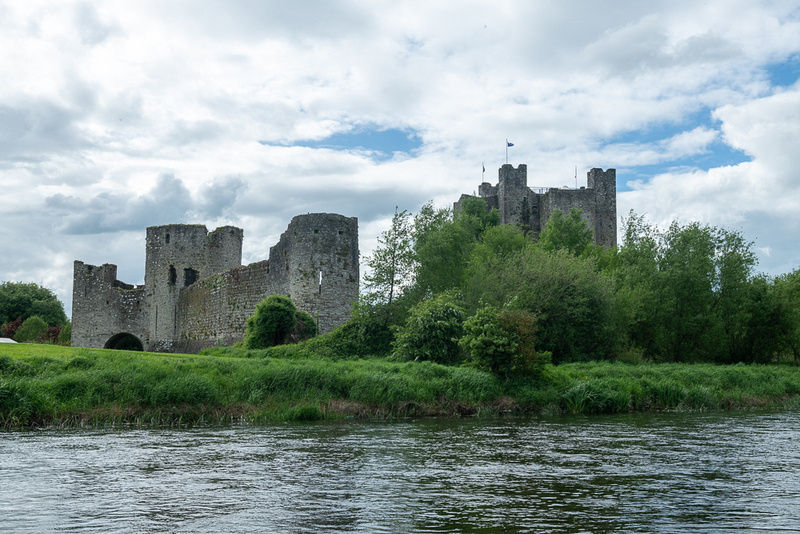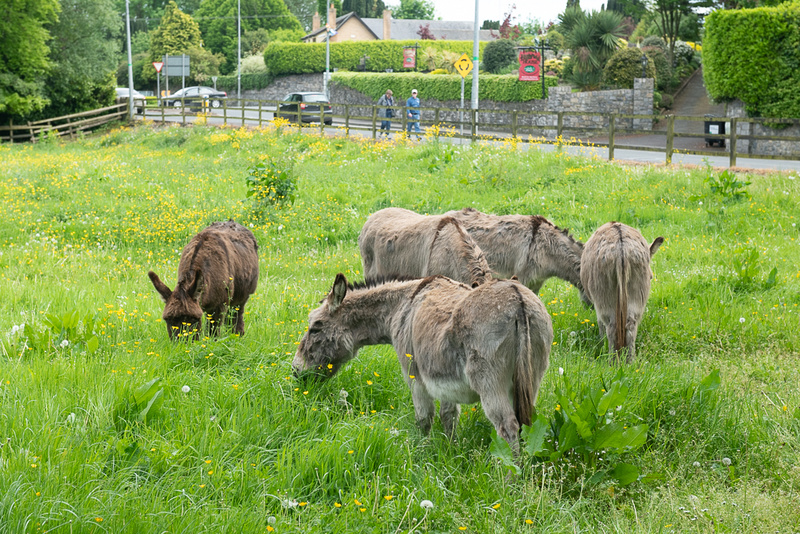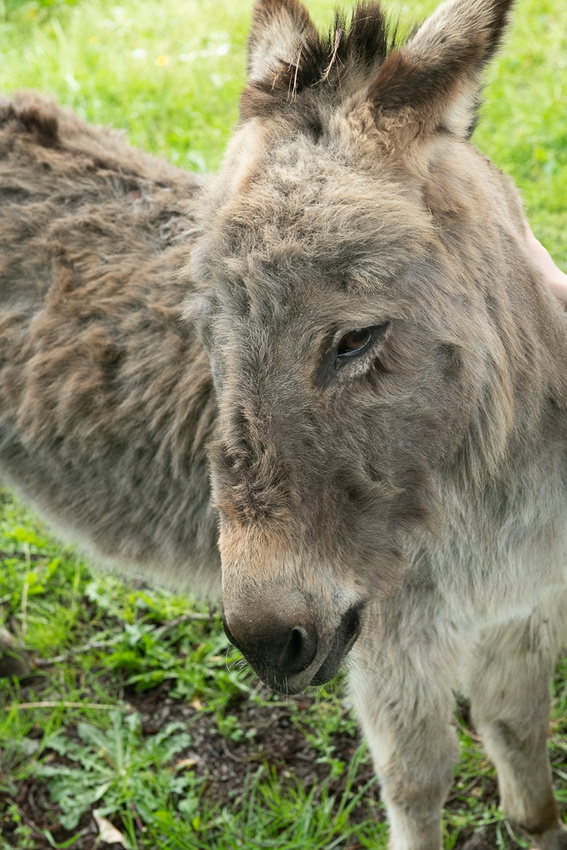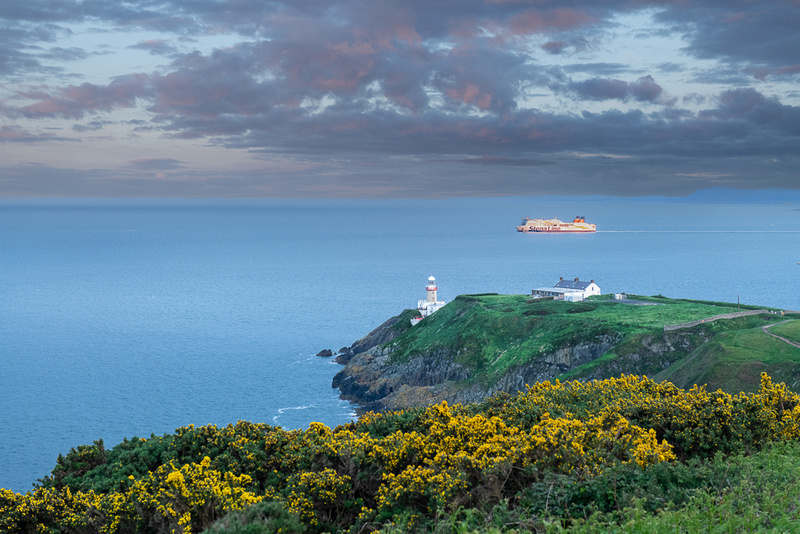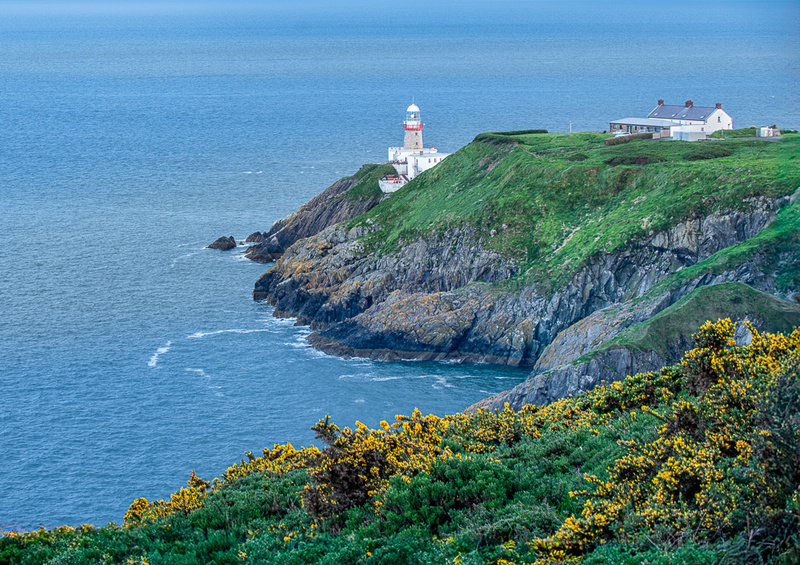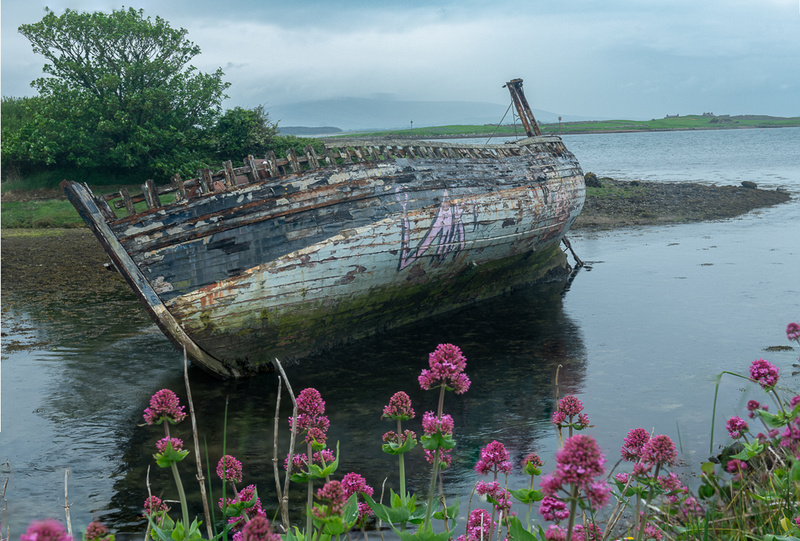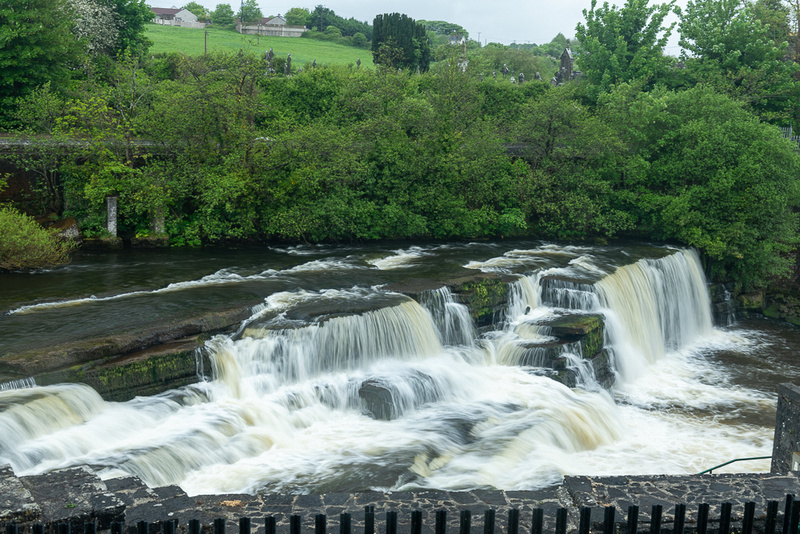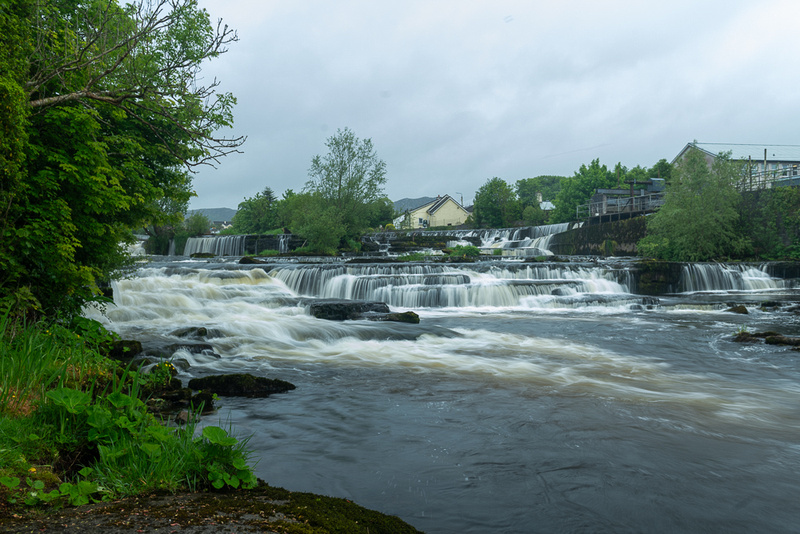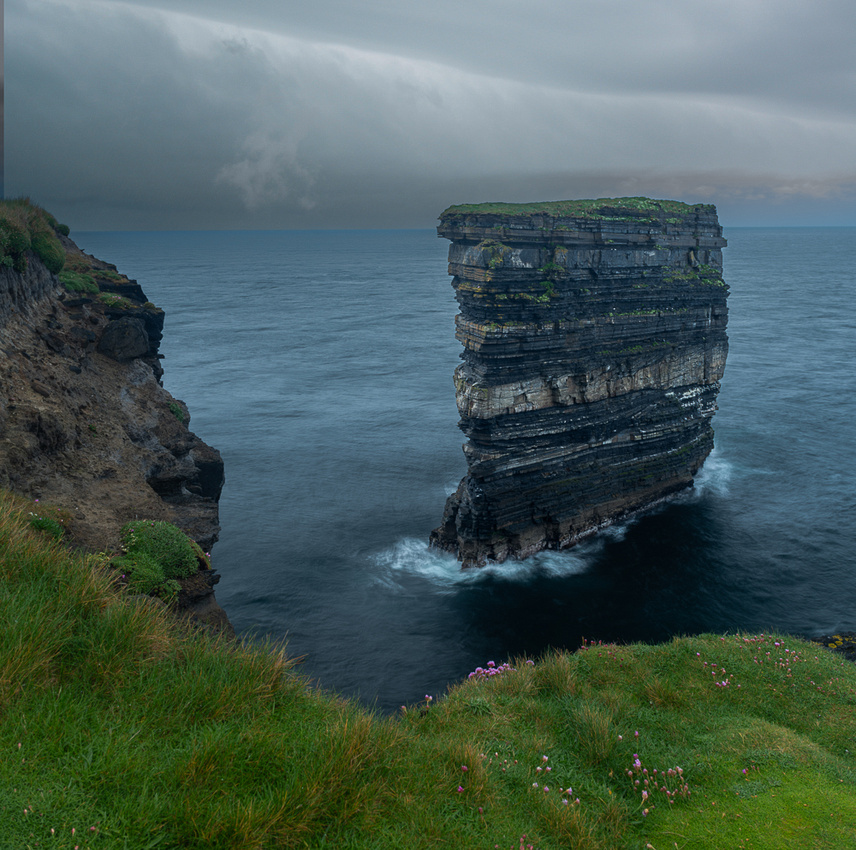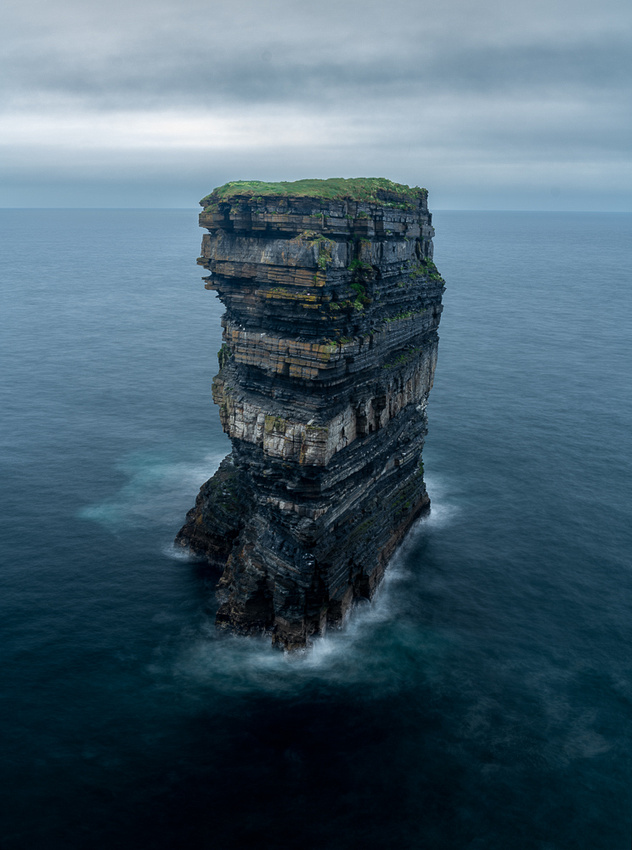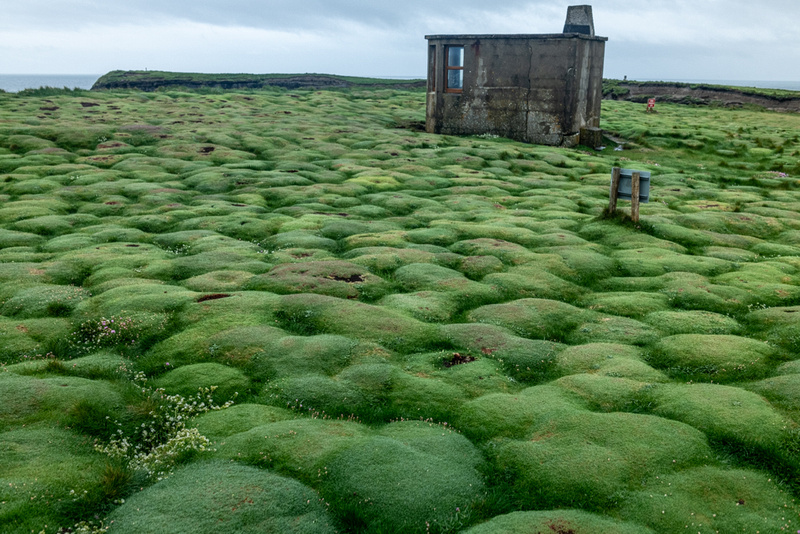Black Bulls and White Horses-AgainSaturday Sept 28 We started before sunrise at the Tour Carbonniere, a 13th Century guard tower that sits right in the marshes. It was built to protect the approaches to the town of Aigues-Mortes, which we will be visiting later in the trip. We were there for the first of six photo sessions with Cecile. This one would be a bull roundup, a real event that is done every fall to move the bulls to their winter grazing areas. The photographers rode along on a wagon that gave us good long range views and kept us out of reach of the bulls. We were at times shooting into the sun but for the most part the light was gorgeous.
The white horses are a very ancient breed, going into prehistory, and may be one of the first populations of horses to be domesticated. This means they have been selected through the centuries for intelligence and agility. You may see them described as "wild" but that is a stretch. They do live year round in the marches, many of them unshod and never ridden. But they all belong to somebody.
For the picture above I'm not as close as it looks. Thank God for telephoto lenses! After the roundup we were treated to a little demonstration of cutting a single bull from the herd. This is where horses' agility really shows.
Back to the CamargueBonjour again from the Camargue, in southern France. We had a lovely and illuminating visit last year and there were so many surprising and interesting things going on we thought we should do it again. Getting there is a trek. Three plane rides and a 90 minute drive but it all went very smoothly. We arrived in the village of St. Laurent d'Aigouze about 7 PM on Sept 26th. We were, of course, exhausted, but our hosts were so welcoming and gracious we had to have a drink with them. We would be experiencing French country living, and cooking, for the next four days.
Friday Sept 27th We had scheduled a cushion day before the photo sessions with Cecile, to recover from the jet lag and possibly to pursue the other major photo subject in the Camargue, flamingos! In the spring and summer there are up to 50,000 flamingos nesting in the marshes. Most of them migrate to Africa for the winter but about 5,000 stay all year. Friday morning we both managed to sleep in and got the worst of the jet lag behind us. So after lunch we set out to the Camargue Ornithological Park. The entire Camargue is a haven for wild birds but this part of it has prepared walking paths and the birds are a little more indifferent to people.
I managed to get a few of them in flight.
We would see flamingos all over the Camargue throughout the trip. I'd hoped to get a sunset shot of them but we ran out of steam. Still a little jet lagged.
Back to DublinMonday May 14, Time to be heading home and we had the whole day to get back to Dublin. One of our primary goals for this trip was to do a little family research for the Conners. Rollie's ancestral home is Castlepollard in County Westmeath, which is right on the way to Dublin. So we pulled in there to do some snooping. First we checked out the great manor house at Tullynally Castle. (love the name!) The purpose of this visit was to reconnoiter the place so that in the event we discover that Rollie actually is the rightful heir, we'll have a plan to expel the squatters.
Despite all of these side trips we still got into Dublin in time for another outing so we drove back over to Howth, where this trip started. This time we had better weather. The ferries and cruise ships were just heading out.
And this was the end of a very excellent trip to Ireland. Thank you for coming along. Stay tuned though, as I will still be posting some black & white images soon. SligoMonday May 13 Settling in at Sligo we were for the first time on this trip back on familiar turf. We were here in 2016 and 2017. With the drizzly weather continuing we at least knew where to look for bad weather photographs. This old shipwreck has been in the mouth of the harbor all these years. It doesn't look that much worse than it did seven years ago.
The rain was supposed to let up in the afternoon so we decided to take a chance and drive over ro Downpatrick Head in County Mayo. It is one of my favorite spots and maybe for the first time we can see it without the wind knocking us down. It worked. The rain lifted and the sea was quite calm, which made for a different kind of image than I'd ever managed to get.
The turf below looks like it does because it is growing right on bedrock. It is very spongy to walk on.
|
